In a powerful demonstration of solidarity, Hungarian Prime Minister Viktor Orbán, Slovak Prime Minister Robert Fico, and Serbian President Aleksandar Vučić convened in Slovakia to address Europe’s escalating migration crisis, particularly along the Western Balkan route. This alliance, as reported by Magyar Nemzet, is resolute in fortifying Europe’s external borders—a commitment that has already led to a remarkable 79% reduction in illegal crossings compared to last year. With such a sharp decline, the three leaders set an example for Europe, showing that resolute action can yield significant results against illegal migration.
Uniting for a Secure Europe
Slovak Prime Minister Fico praised this collaboration, “We were right when we said that the Union’s external borders must be protected and that migrants who have entered the EU should not be distributed throughout Europe,” Fico stated. His call for a robust European response aligns with the urgency shared by Orbán and Vučić, who are focused on enhancing security measures and the stability and sovereignty of their nations.
Orbán echoed Fico’s sentiments, highlighting that the recent decline in illegal migration affirms the effectiveness of strong border policies. With over 3.8 million illegal border-crossing attempts across the EU in recent years—and Hungary experiencing one million of these attempts alone—Orbán remarked, “If we let in a million migrants, it will be a problem.” Since 2015, eight million asylum applications have overwhelmed Europe, straining resources and reducing the EU’s ability to deport individuals, with only a fraction of deportation orders being executed. He noted, “Last year alone, 430,000 deportation decisions were made in the EU, but only 84,000 were carried out,” underscoring the EU’s struggle with deportation inefficiency. This alarming 80% gap in enforcement signals to Orbán that Europe’s migration management is in urgent need of reform.

A Push for “Asylum Hotspots” Beyond Europe
The summit also explored alternative solutions for the EU’s forthcoming Migration and Asylum Pact, set to be implemented in 2026. Both Orbán and Fico voiced concerns that the Pact might encourage further illegal migration. They proposed establishing “asylum hotspots” in non-EU countries where asylum seekers could apply before reaching Europe. “Only individuals with approved cases should be permitted entry into the EU,” Orbán clarified, stressing the importance of filtering migration at the borders to prevent unfettered movement within the EU.
Serbian President Vučić commended Serbia’s role in reducing migrant numbers and highlighted his country’s commitment to regional stability. He acknowledged Fico’s support for Serbia’s ambitions to join the EU, a sign of growing trust and collaboration in the Western Balkan region. “We now have 80% fewer migrants than before, thanks to our joint efforts,” Vučić stated.
Europe’s Leaders React Slowly to a Persistent Crisis
Both Orbán and Fico criticized Western European leaders for their delayed response to migration concerns. Orbán noted, “Western leaders are in a state of panic, and from panic come bad decisions,” underscoring that this reactive approach has not led to meaningful solutions but rather further instability. Expressing mounting frustration, Fico questioned why Europe has not acted more decisively. Orbán noted that “due to the panic-like decisions of Western leaders, Schengen is now also in danger,” referencing the recent reimplementation of internal border controls in response to migration pressures. He observed that leaders from countries like Poland and Germany are now questioning the EU’s management of the Migration Pact, a situation he believes is undermining European unity and cooperation.
❗️PM Orbán: Western leaders are in panic over illegal migration
— Zoltan Kovacs (@zoltanspox) October 22, 2024
🛑At a trilateral migration summit held in Komárom (Komárno) today, Prime Minister Viktor Orbán highlighted the growing panic among Western leaders over the ongoing migration crisis.
🇸🇰🇷🇸🇭🇺 Joined by Slovak PM… pic.twitter.com/uYHbvEe6Kk
A Firm Stance Against the Migration Pact
Orbán voiced his disapproval of the EU’s Migration Pact, describing it as “not the solution—it is the problem.” He criticized the Pact’s €20,000 penalty clause for nations refusing migrant resettlement and noted that the EU Commission could enforce redistribution during a crisis—a crisis they could define unilaterally. “The migration pact is fundamentally flawed,” Orbán stated, adding that the unilateral policies disproportionately burden member states, especially those opposed to forced redistribution. Orbán warned, “The EU’s approach to redistribution is dismantling one of the EU’s greatest achievements—free movement within the Schengen zone.” This system, meant to unify Europe, he argues, is now at risk due to mismanaged migration policies.
Shared Solidarity Amid Crisis
Reflecting on the recent assassination attempt on Slovak Prime Minister Fico, Orbán expressed solidarity, saying, “When the attack happened, we felt the loss as if it were our own.” The tragedy has drawn Hungary and Slovakia closer, fortifying the countries’ shared commitment to preserving regional stability and reinforcing their bond against migration pressures.
Commitment to Regional Stability and Economic Cooperation
The leaders also discussed economic cooperation, with Orbán emphasizing Serbia and Slovakia’s vital roles in Hungary’s energy supply chain. This collaboration, Orbán asserted, represents the strength of regional alliances amid global instability. Vučić highlighted the unprecedented strength of the Hungary-Serbia relationship, a credit to Orbán’s leadership in forging strong international partnerships.
Orbán spoke about the broader threat to national identity posed by uncontrolled migration, warning, “You can lose your home in two ways: being forced out or seeing everything around you change without your consent until that feeling of home is gone forever.” This existential risk to cultural identity, he emphasized, is one reason Hungary and Slovakia have firmly resisted mass migration policies, aiming to protect their citizens from the destabilizing effects of uncontrolled migration.
A Path Forward for the Balkans
In his closing statements, Orbán expressed optimism about continued cooperation between Hungary, Slovakia, and Serbia, particularly in energy security. “Serbia supplies us from the south and Slovakia from the north when eastern routes are disrupted,” he explained, reinforcing the strategic importance of these partnerships as pillars of resilience and stability for all three countries.


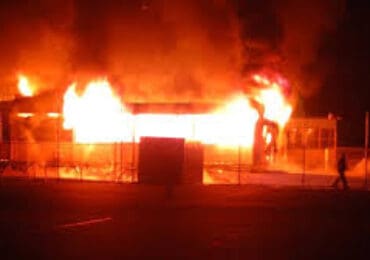


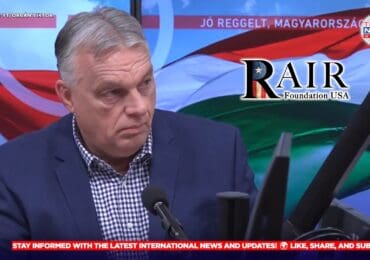
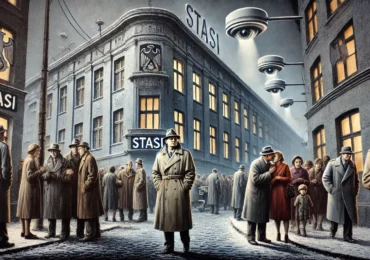
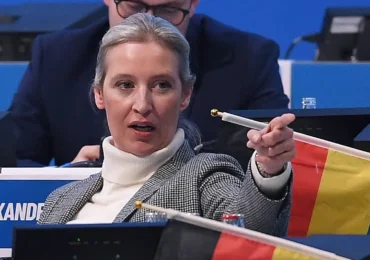

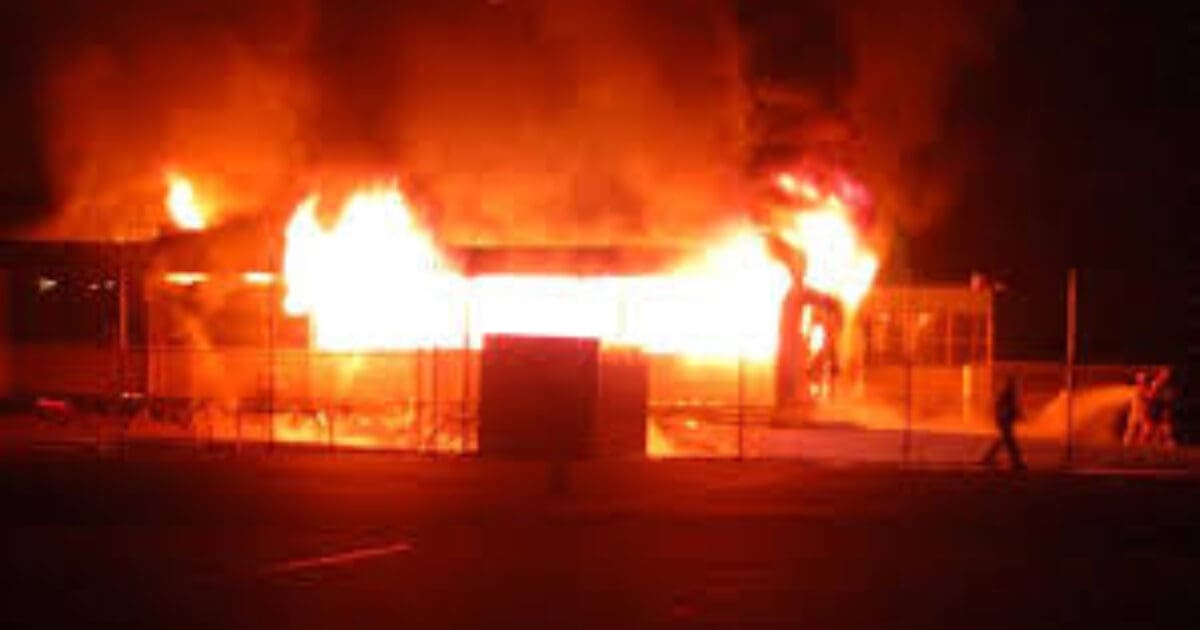


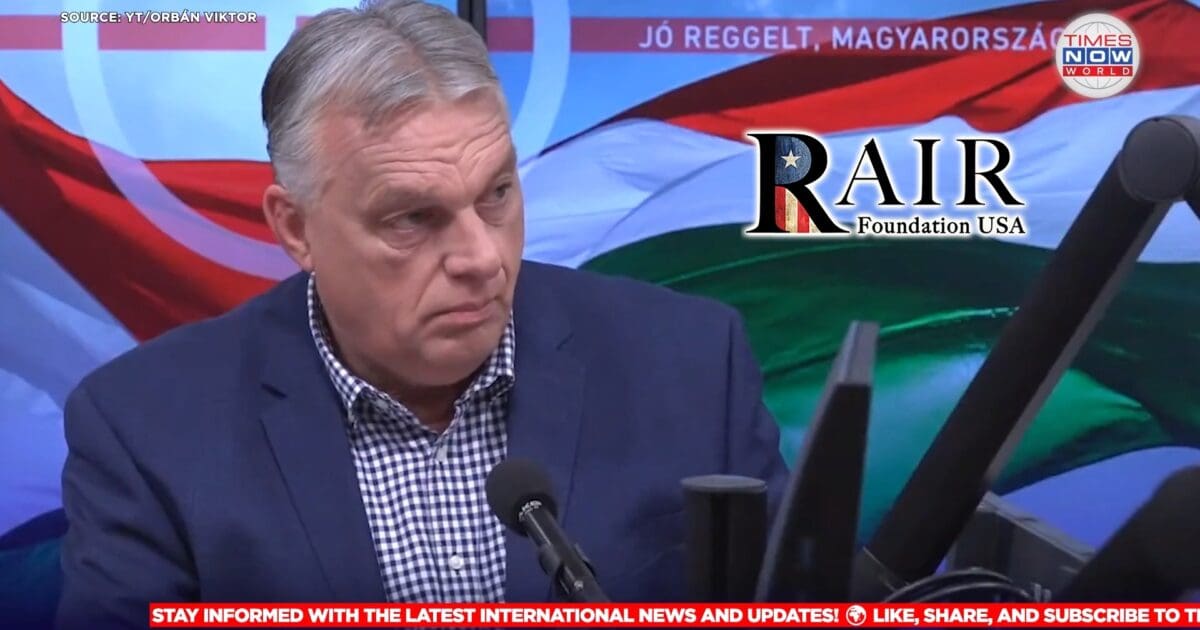
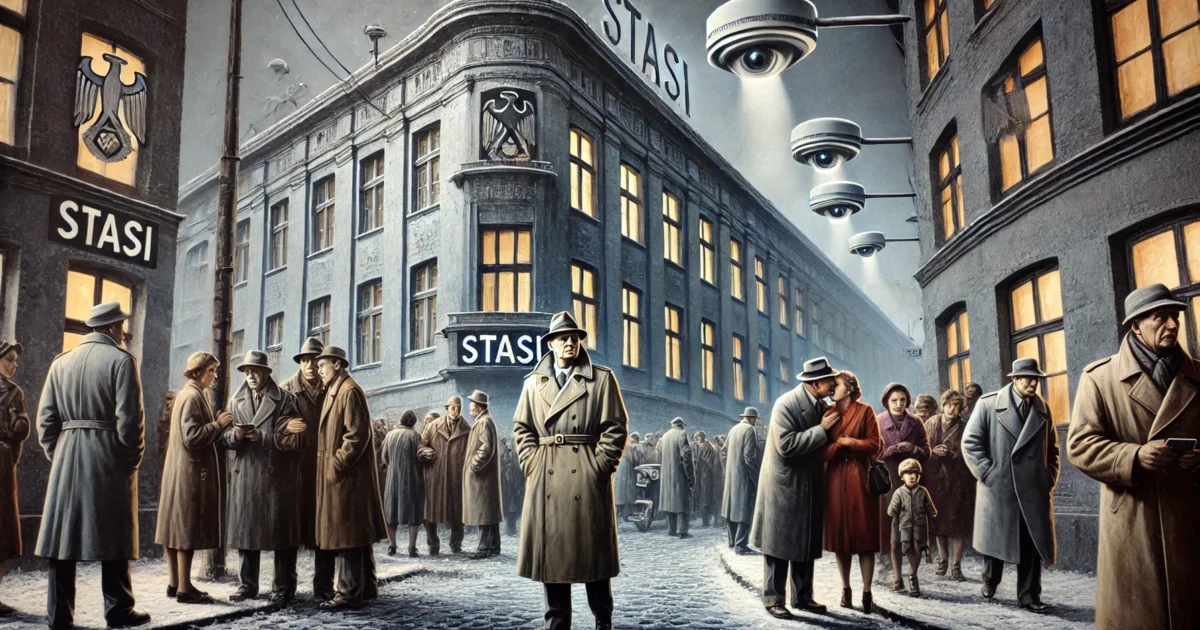
EU’s BIGGEST EXTREMELY DANGEROUS CRIMINAL, GENOCIDE CRIMINAL AND MUSLIMSHITLOVER URINE VON DER LEYEN IS NOW VERY, VERY ANGRY.
“He pointed to “Soros-funded prosecutors” in terms of progressive law enforcement policies, naming Philadelphia District Attorney Larry Krasner, a Democrat, as one who has “undermined the rule of law” in his work.”
AMAZING THAT SOROS, SOROS MINI-ME, URINE VON DER LEYEN & ZELENSKY, etc, etc ARE STILL ALIVE.
PUTIN’S AGENTS AND SNIPERS ARE REALLY INCOMPETENT PUSSIES.
PUTIN, GO GET THE FAMOUS UMBRELLA FROM THE MUSEUM.
About ten years or so ago, i managed to get my hands on a connection map. (Maybe 8 years ago?)
It showed which EU member of parliament had any kind of connection with Soros and co. And usually also an estimated finance value was added to it. That time more than 40% of the EU parliament has received some kind of assistance from Soros. (In 2014-16)
Guess how bad it is now?:D
Especially since an Antifa that attacked hungarins in Hungary on the street with something similar to the hammerbande, was elected as a member of the EU parliament.